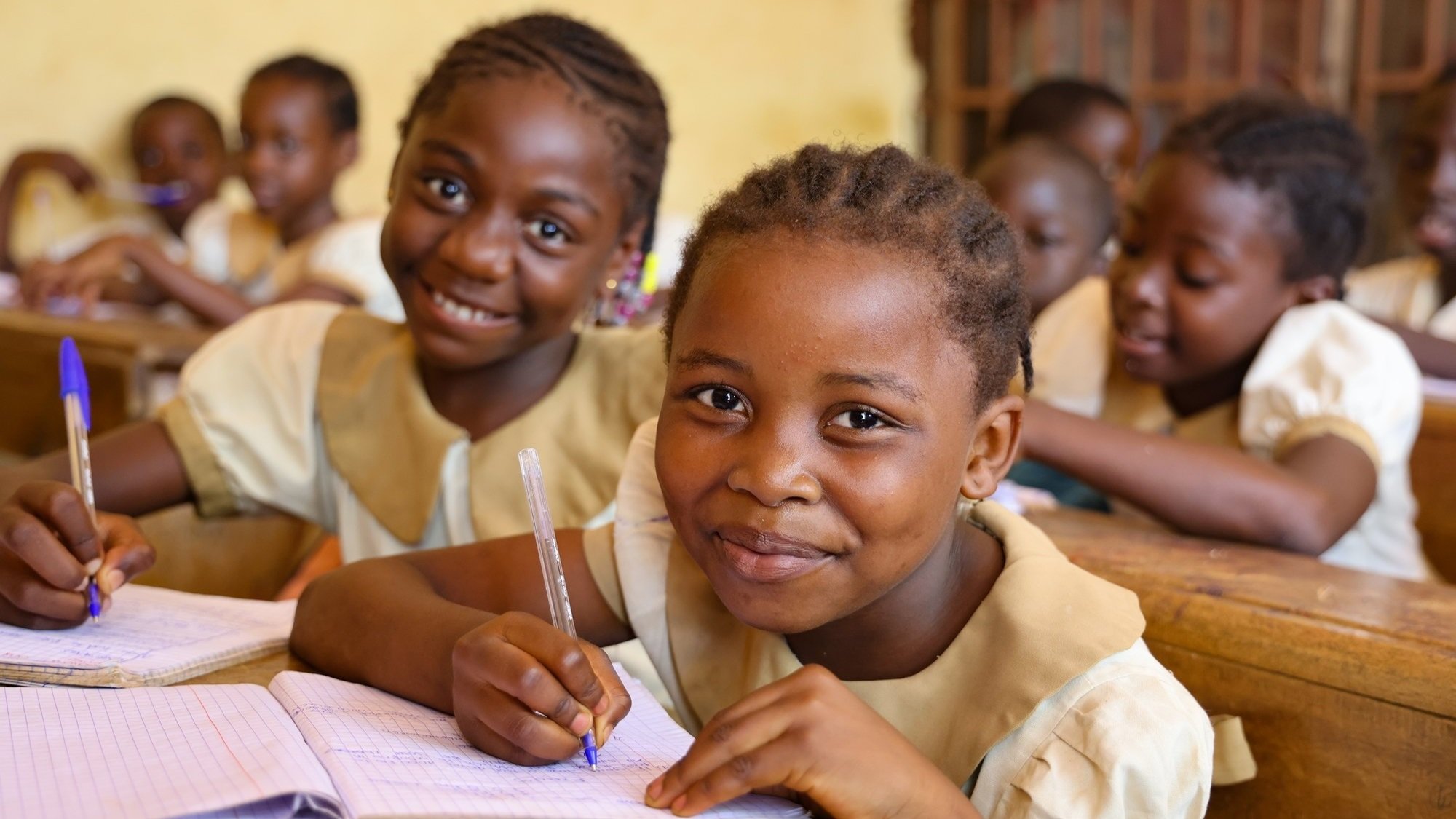
Foundational learning
The world is facing a learning crisis
Evidence shows that 250 million children are out of school around the world and 70% of 10 year old children in low- and middle-income countries cannot read and understand a simple story.
In the world’s poorest countries, this figure is as high as 90% with only 1 out of 10 children reaching the minimum proficiency level in literacy and numeracy.
Even when children are in school, they aren’t learning. Political leadership is central to turning around the massive and persistent learning crisis, which sees less children acquiring foundational skills, despite being in school.
If children are not equipped with foundational skills, their life opportunities will be severely limited. This is a severe barrier to development and perpetuates inequities in society and globally.
IPNEd is working to help members of parliament understand the nature, extent and implications of the learning crisis and to grow political support for evidence-based actions to improve foundational learning outcomes.
A 5 point plan to ensure every child learns
To mark International Literacy Day in September 2024, IPNEd launched a briefing that sets out 5 actions that parliamentarians can take to help ensure every child learns.
These are:
Acknowledge the extent of the challenge
Mobilise society wide support for learning
Measure children’s learning
Set clear and widely understood targets to focus efforts
Fund learning
By committing to these 5 actions, parliamentarians can begin to drive the change needed to transform education systems and build a future where no child is left behind.



